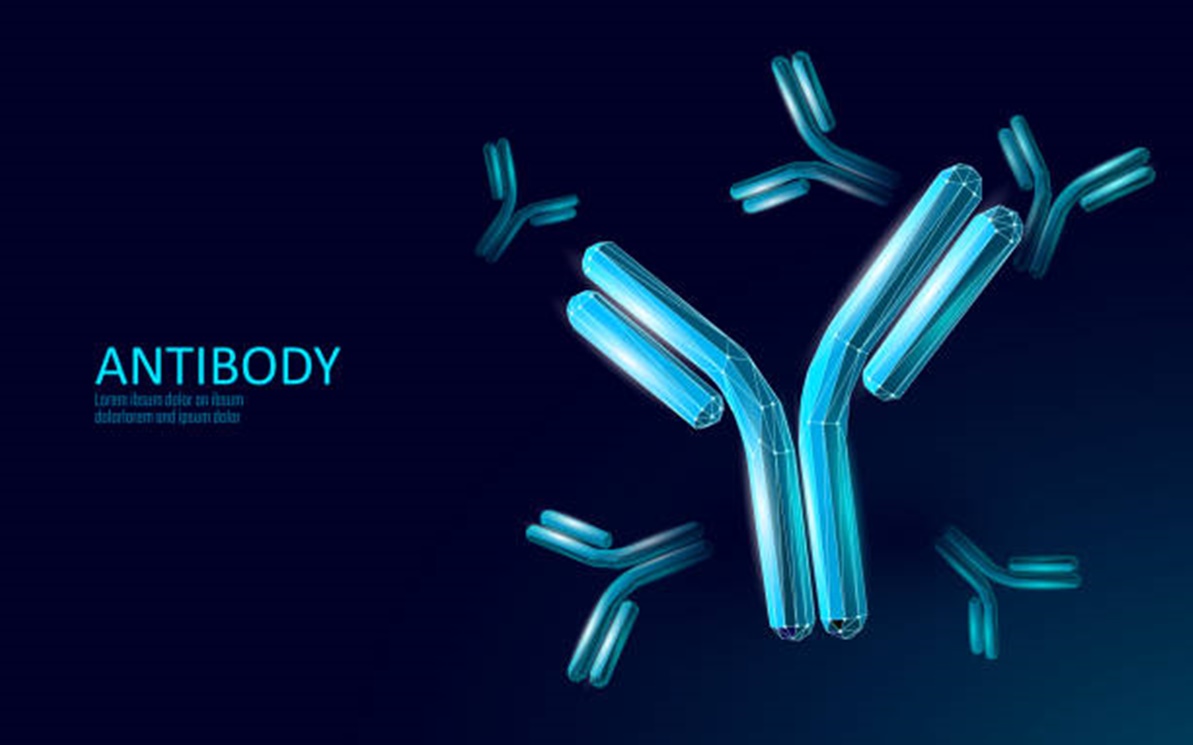The proteins that are generated as a result of the immune system’s reaction to infection.
Antibodies, which are proteins shaped like a “Y,” are generated by the immune system in response to an infection. They play a crucial role in safeguarding the body against harmful microbes, either by directly neutralising them or preventing them from invading cells.
Antibodies function by identifying and adhering to distinct proteins, specifically those present on the exteriors of viruses and bacteria, in a remarkably targeted manner. Upon encountering a microorganism for the initial time, the immune system generates antibodies that selectively detect proteins linked to that particular microorganism.
After overcoming an infection or being immunised, a limited number of these immune cells that generate antibodies typically persist in the body as memory cells. These memory cells serve as a defense against future infections caused by the same pathogen. With the presence of pre-existing antibodies and memory cells, the immune system responds more rapidly when exposed to the same microorganism, effectively preventing the infection from establishing itself.
Antibody testing
Antibody tests, also referred to as serological tests, utilise the antibodies that are specific to a particular microbe and are present in the blood following recovery from an infection. By combining blood samples with antigens, which are proteins from the corresponding microbe, it is possible to detect the presence of these microbe-specific antibodies. If the blood sample contains specific antibodies, they will bind to the antigens.
Therapeutic antibodies
Antibodies have the unique capability to bind with specific proteins, making them suitable for therapeutic purposes. One application of antibody therapy is the use of checkpoint inhibitors in the treatment of various types of cancers. Checkpoint inhibitors are antibodies that attach to and inhibit the functions of proteins known as checkpoints, thereby preventing them from suppressing the immune responses against cancer cells.
In certain instances, individuals can receive antibodies from immunised humans or animals as a treatment for infections. However, the production of an adequate amount of antibodies can be difficult. One example of this treatment approach is the administration of human rabies antibodies, known as human rabies immunoglobulin, to individuals affected by rabies.
Passive immunity is achieved by giving individuals antibodies, which offer temporary protection even if they are not naturally immune. This type of immunity is naturally acquired during pregnancy as maternal antibodies are passed to the foetus through the placenta. It is also observed when breastfeeding, as the mother’s antibodies are transferred to the baby.
Antibodies with detrimental effects
Antibodies that target the proteins produced within the body rather than those originating from infectious organisms can lead to negative consequences. In autoimmune conditions such as lupus, multiple sclerosis, and rheumatoid arthritis, individuals generate antibodies that bind to their own proteins and launch an assault on healthy cells.
Allergies encompass a distinct category of antibodies known as immunoglobulin E (IgE). Upon detecting allergens, these antibodies stimulate the release of histamine and other inflammatory molecules by immune cells. This biochemical response is responsible for the unpleasant symptoms commonly experienced during allergic reactions.
Alternative Applications of Antibodies
Antibodies, due to their distinctive capability to identify and adhere to specific proteins, are frequently employed as valuable instruments in the field of biomedical research. For instance, they are utilized to ascertain the presence of a particular protein in a sample and to determine the precise location of a specific protein within a cell. Furthermore, advances in technology have led to the development of antibody conjugation companies, which specialize in attaching various molecules, such as fluorophores or enzymes, to antibodies, thereby enhancing their detection capabilities and expanding their range of applications.
